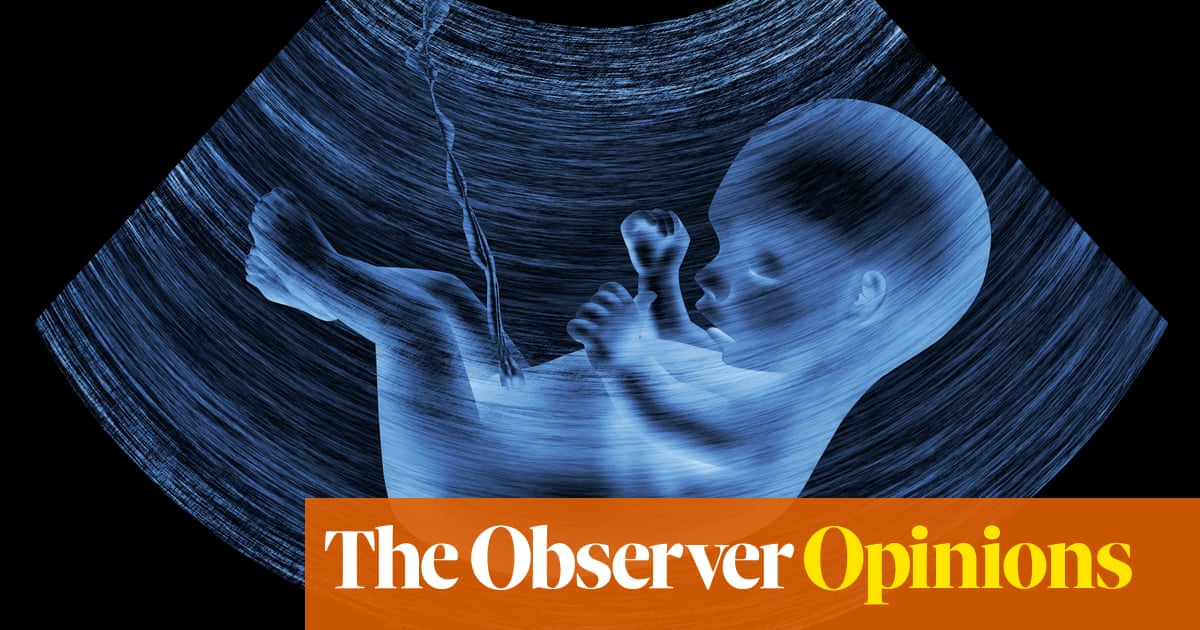
A campaign has been launched to highlight what is at stake for the general public if the arts industry is not safeguarded from the impact of the coronavirus crisis. Public Campaign for the Arts is designed to give a voice to audiences and those who rely on arts venues around the UK – not just for escapism and entertainment but also for education, community and a range of other reasons.
The campaign has been organised by Jack Gamble, associate director of the Arcola theatre in east London. Gamble told the Guardian that they are calling attention to arguments that risk going unheard as the emphasis is often placed on the creative industries’ contribution to the UK economy (measured at £111.7bn in 2018). After the Arcola closed its doors in mid-March, Gamble received messages from people in the local community who were concerned about its future. He put out a nationwide call to determine the effects of the closures of arts centres and began to gather short video submissions in which people expressed what theatre means to them. They make a “different kind of argument”, said Gamble. “Particularly outside London, the arts centre is the heart of a community.”
In the videos, people talk of their theatres’ outreach and participatory work, the chance to share experiences with others and the benefits for self-expression, confidence and mental health. The arts, says one, is good for “mind, body and soul”. Two contributors come from Leicester and Southampton, towns that have already seen venues – the Haymarket and Nuffield theatres – go into administration.
“Unless our government acts now, most of Britain’s theatres, music venues and performing arts companies will be gone by the end of this year,” the campaign’s website states. “We are members of the public who need them to survive.”
A report by Oxford Economics has warned of 400,000 job losses and a £74bn loss in annual revenue across the arts industry, while 70% of theatres have stated that they will run out of cash by the end of the year. Gamble has been furloughed by the Arcola, which is operating with a skeleton staff. “Crunch time is coming” for theatres, he says, with the job-retention scheme only guaranteed until the end of October. In the government’s press briefing on Wednesday, Oliver Dowden, the culture secretary, said he was working with the industry “to look at what further support can be given” but nothing specific has been announced.
Gamble said the theatre industry has been tasked with finding creative solutions to the conundrums of physical distancing (which in the Arcola’s two small spaces would result in a tiny audience) and how to operate during a pandemic. The danger, he said, is that funding will drain away before those solutions are found. “Theatre is full of people who love to find creative solutions to problems. People are looking at how to make things work – and wonderful things will come out of that – but the risk is that we don’t end up with enough resources and infrastructure to rebuild better.”
His words echo those of the artistic director of Pitlochry Festival theatre, Elizabeth Newman, who told the Guardian’s Today in Focus podcast: “We’ve been using ‘creative solutions’ for the last couple of years. That word ‘creative’ can sometimes be loaded because what is basically says is: no more money.”
Gamble said public investment is essential to protect theatres and the arts industry “because this is of public benefit”. He said: “It’s hard to make that argument – and not just because of our government – in a way that is direct and personal and engaging.” The campaign is calling for further video submissions about how the arts have made a difference to people’s lives.












